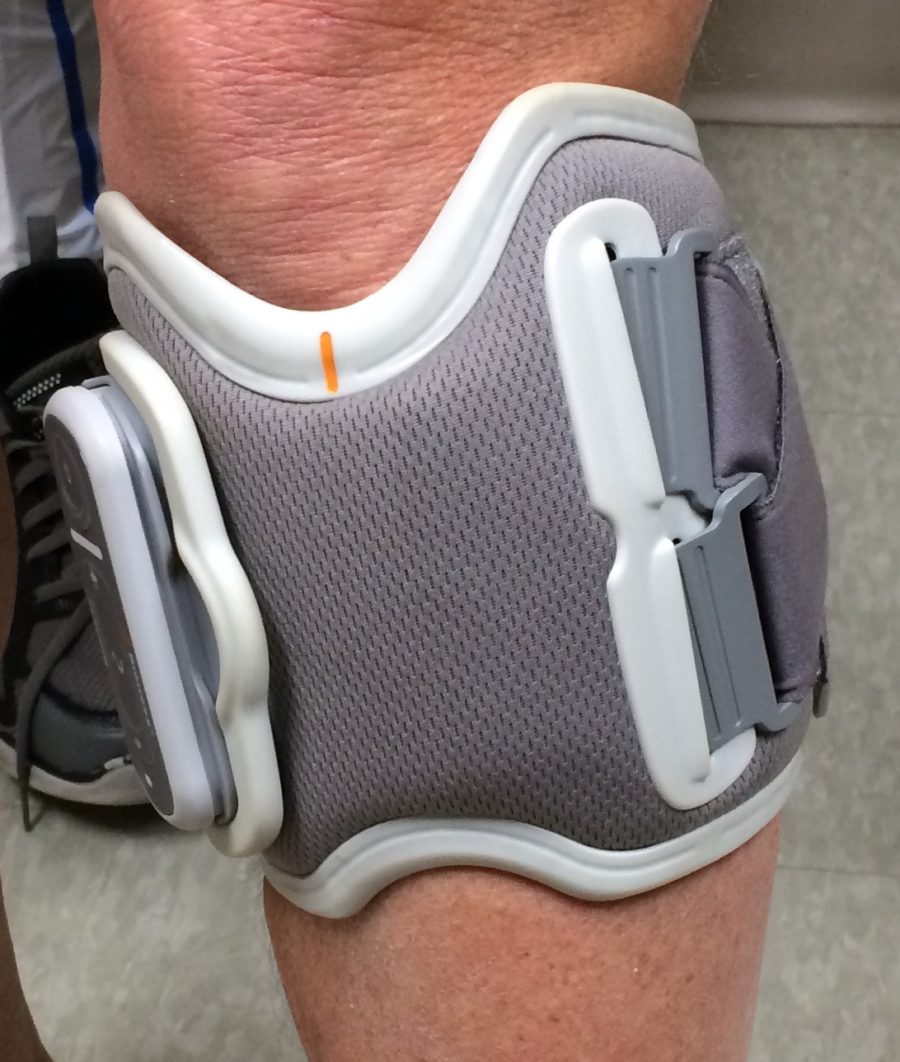You have MS but you have some mobility. You need help to walk because your legs are weak or stiff, and your balance is off, but canes don’t give enough help and braces are too cumbersome or limiting. How great would it be to have something that’s relatively lightweight that you could wear and would help your legs move? That’s what a group of roboticists, mechanical and biomechanical engineers, software engineers, physical therapists and even apparel designers (!) is trying to create.
It’s called exosuit technology; form-fitting, fabric-based designs that are lightweight and non-restrictive. They use flexible sensors on the knees, hips and ankles, and compact, powerful motors, packaged in a belt, to help a patient walk with greater ease and stability.
The Wyss Institute for Biologically Inspired Engineering at Harvard University has just teamed with ReWalk Robotics Ltd to accelerate development of the Institute’s exosuit technologies. “There is a great need in the health care system for lightweight, lower-cost wearable exoskeleton designs to support stroke patients, individuals diagnosed with multiple sclerosis and senior citizens who require mechanical mobility assistance,” says ReWalk CEO Larry Jasinski. “This collaboration will help create the next generation of exoskeleton systems.”
A video-look at how this system works is fascinating. In this video the exosuit is being worn by able-bodied test subjects to lessen their fatigue over long walks and reduce their risk of injury from heavy loads. The version being developed for MS patients is slightly different, but the video gives you a good overview of how this robotic “suit” interacts with and mimics the muscles in your body.
The exosuit system is still being worked on in the lab at Harvard. But the plan is for ReWalk Robotics to help bring this technology to the people who need it. “This is a very exciting day for the soft exosuit technology,” says Conor Walsh, Ph.D., who is the founder of the Harvard Biodesign Lab. “ReWalk brings commercialization expertise and experience in the area of wearable robotics….Ultimately this agreement paves the way for this technology to make its way to patients.”


